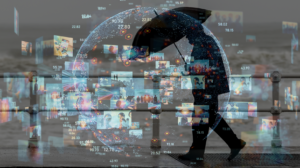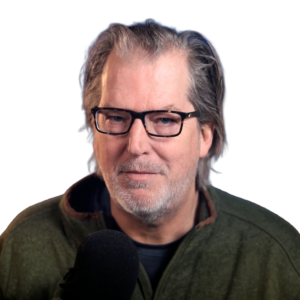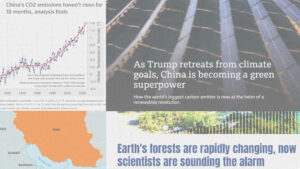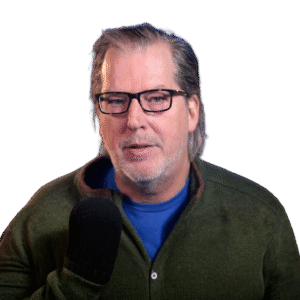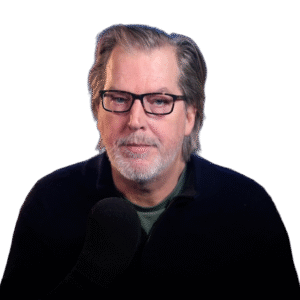
#73 | Frankly
The Superorganism and the Self
Description
Nate’s work tends to focus on systems-level analysis of the current (and future) global macro/ecological situation. But peering beneath the surface of that system lies the deeply personal, emotional experiences of individuals, locally and around the world. In today’s Frankly, Nate navigates the delicate balance between systems thinking and the profound emotional weight of the realities we face.
The Superorganism and the Self coexist in a recursive dance: while the Superorganism influences individual experiences, those experiences collectively influence the Superorganism. The centuries-long prioritization of profit over wellbeing is casting a shadow over the lived experiences of individuals: as material wealth and convenient consumption soar (for many), we are seeing increasingly deteriorating mental health and social fragmentation. Yet the growing recognition of the totality of this predicament is also triggering shifts in awareness within and between individuals – fostering interconnection and perhaps even the emergence of islands of coherence.
In what ways has the economic Superorganism turned us into a species out of context and how is this affecting the embodied experiences of the individual? How might returning to a lived experience of interconnection create ripple effects throughout our fragmented society? Could something be emerging beneath the surface of this failing system?
Support The Institute for the Study of Energy and Our Future
In French, we have a motto that says that a simple drawing is often better than a long explanation. Jean-Marc Jancovici Carbone 4 President
That’s very understandable because with left atmosphere thinking, one of the problems is that you see everything as a series of problems that must have solutions. Iain McGilchrist Neuroscientist and Philosopher
We can’t have hundreds and hundreds of real relationships that are healthy because that requires time and effort and full attention and awareness of being in real relationship and conversation with the other human. Nate Hagens Director of ISEOF
This is the crux of the whole problem. Individual parts of nature are more valuable than the biocomplexity of nature. Thomas Crowther Founder Restor
Show Notes & Links to Learn More
Download transcript01:04 – Climate Week NYC
01:09 – Future Council movie
01:27 – Economic Superorganism
01:55 – Planetary Health Check + Planetary Guardians
01:59 – Mamphela Ramphele + TGS Episode, Carlos Nobre, Christiana Figueres, Johan Rockström + TGS Episode
02:15 – Stability of the Holocene graph
02:15 – Positive feedback and tipping points: the Amazon
02:36 – Jane Goodall
09:37 – The Carbon Pulse
10:56 – Dunbar’s number and the Pleistocene
11:58 – Frankly on the Behavioral Stack
12:46 – The state of mental health in the US
12:53 – Marvin Harris’ ‘Cultural Materialism’
14:17 – The electromagnetic field of the heart + academic paper
15:36 – The state of neurological health
16:57 – Jane Goodall video
Additional Resources: Evolutionary Implications of Persistence Hunting: An Examination of Energy Return on Investment for !Kung Hunting

